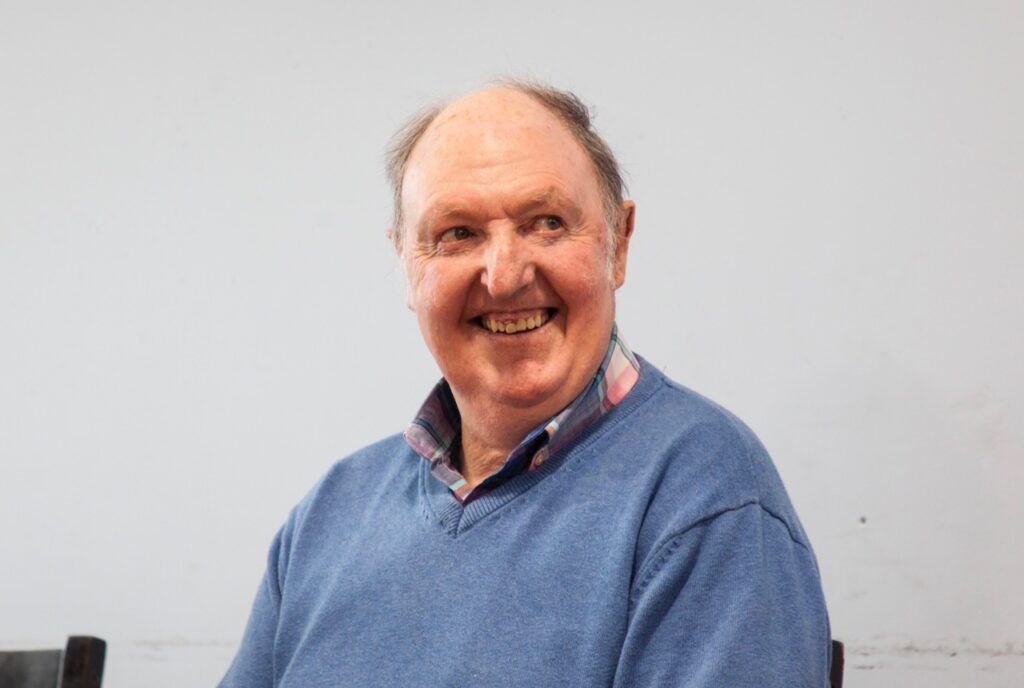A Few Ways you might not have thought of to keep your brain healthy.
As we get older we can be conscious of keeping our bodies healthy. It’s important to exercise and eat the right food to ensure we have the physical abilities to do what we need to. But with an increase awareness of Alzheimer’s disease and related dementias, our brain health is becoming as important as keeping our physical health.
Over he past few decades research has shown that our brains never stop growing new connection. You’ve probably read numerous articles about the importance of brain training games and apps. Today we thought we’d share a few different ways to help keep your brain healthy as you get older.
Learn A New Language
A recent study carried out at the University of Edinburgh, showed the effects of learning a new language on retired volunteers. The study consisted of two groups, one who did an intensive course of Scot’s Gaelic and the other learned a non language related subject. The results were surprising, showing the brain was responding to the new language contrary to common belief.
“The learning process will keep neutrons firing, which assists in boosting memory, improving attention and has the potential to assist in staving off dementia.” According to Chief Executive of Mental Health Ireland, Martin Ronan, “To learn a new language, or any new skill, is literally changing the internal structures and connectivity within the brain.”
Another study in Hyderabad, India, showed that speaking two languages slowed the start of three types of dementia, including Alzheimer’s disease, by an average of 4.5 years.
Within our classes we have been delighted to see a number of people living with dementia, taking up a new language, one gentleman in particular has had to change his exercise day to fit in his Italian class!
It might be time for us to start learning French like we always said we would, or even start to embrace our cúpla focail!
Learn to play an instrument.
Have you always wanted to learn to play the guitar or piano? Fancy learning the concertina and taking part in a trad session? Learning the musical instrument might have more benefits than you think.
It has long been thought that music can help to improve brain health, specifically for people with brain injuries, Parkinson’s disease and dementia. Until now, much of the emphasis was placed on listening to music, where as a recent study carried out at the Baycrest Centre for Geriatric Care in Toronto Canada showed that the benefit could actually be in the playing of music.
“Music has been known to have beneficial effects on the brain, but there has been limited understanding into what about music makes a difference,” says Dr. Bernhard Ross, senior author on the study, “This is the first study demonstrating that learning the fine movement needed to reproduce a sound on an instrument changes the brain’s perception of sound in a way that is not seen when listening to music.”
“It has been hypothesized that the act of playing music requires many brain systems to work together, such as the hearing, motor and perception systems. This study was the first time we saw direct changes in the brain after one session, demonstrating that the action of creating music leads to a strong change in brain activity.”
Take Up a Physical Activity
Seeing as we are an exercise charity, we couldn’t go without telling you how important physical activity is for your brain as well as for your body.
According to Harvard Medical School, “exercise changed the brain in ways that protect memory and thinking skills,” helping to reduce that “brain fog” often associated with the ageing process.
There are both direct and indirect effects of exercise that related to our brain health. Directly, exercise helps in chemical reactions within our brain. Exercise helps to reduce insulin resistance, reduce inflammation and stimulate the release of growth factors – chemicals in the brain that affect the health of brain cells, the growth of new blood vessels and the thriving and survival of new brain cells.
Exercise can also help to improve sleep and reduce stress and anxiety, which all have an impact on our brain health.
It is thought that aerobic exercise may have the most direct effects on our brain health where as weight training may be linked more to the indirect brain benefits. Research is still out on exactly which type of exercise is most beneficial, so in order to cover all your bases, try combining both walking with some light resistance or weight exercises and get your 150 minutes of physical activity in each week.
Sources:
https://www.irishtimes.com/life-and-style/health-family/learn-another-language-and-keep-your-brain-fit-1.2999911
https://www.nbcnews.com/healthmain/speaking-second-language-delays-dementias-even-illiterate-study-finds-8C11544770
https://www.sciencedaily.com/releases/2017/06/170601192721.htm


